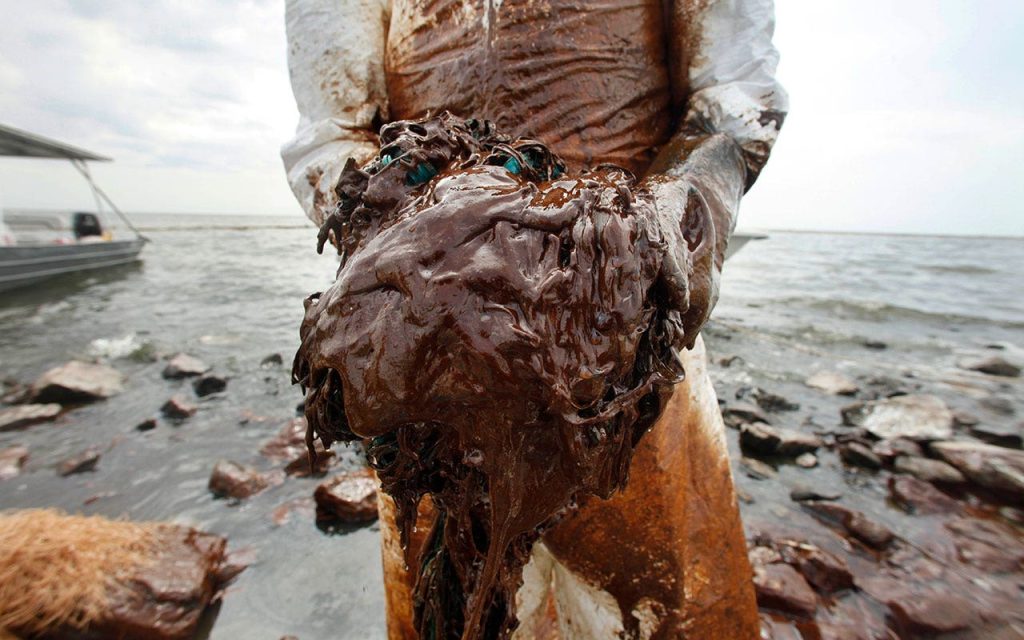When BP’s Deepwater Horizon drilling rig exploded in the Gulf of Mexico, causing the largest offshore oil spill in U.S. history, tens of thousands of workers were hired to clean up the environmental devastation. These workers were exposed to crude oil and the chemical dispersant Corexit, leading to health concerns. Despite a medical claims settlement designed to compensate workers fairly, many have received minimal compensation or nothing at all due to the settlement’s limitations. BP has paid only a fraction of the billions spent on restitution to ill workers and coastal residents, with 79% receiving no more than $1,300 each.
Attorneys representing thousands of workers who claimed illnesses from the spill have struggled in court to prove that exposure to oil and Corexit caused specific health problems. Federal judges, demanding a high level of proof connecting chemical exposure to worker illnesses, have dismissed the vast majority of the lawsuits seeking compensation. The difficulties in proving these cases have left many workers stranded with little or no payment, even after enduring illness and hardship. The arduous legal battle has demonstrated how challenging it is to hold a corporation like BP accountable for the health effects of a major environmental disaster.
An investigation by the Associated Press revealed multiple challenges faced by cleanup workers seeking compensation for their health issues. Many were forced to sue individually due to limitations in the settlement, and most of those cases have been dismissed. Attorneys struggled to present evidence linking chemical exposure to worker illnesses, while facing opposition from BP’s legal team. The process was fraught with hurdles, from proving exposure levels to overcoming conflicting expert testimonies, leaving many workers without the justice they were seeking.
The settlement intended to ease the process of obtaining payment for medical claims turned out to be a disappointment for many workers and residents affected by the spill. One key issue was the deadline imposed by the settlement, which forced many workers to file individual lawsuits in federal court after missing the cutoff dates specified in the agreement. This shift placed a heavy burden on the workers to prove a direct link between their exposure to oil and Corexit and their health issues, a challenge that most have been unable to meet. The complexities of the legal system have created a barrier to justice for many affected individuals.
Despite the setbacks faced by cleanup workers seeking compensation for their illnesses, some law firms remain optimistic about the possibility of revisiting these cases and appealing to higher courts for a more favorable outcome. The legal battles resulting from the Deepwater Horizon oil spill have broader implications for toxic exposure cases beyond this specific event, highlighting the challenges faced by plaintiffs in proving causation between chemical exposure and health issues. The ongoing struggle for justice underscores the complexities of holding corporations accountable for the health impacts of environmental disasters, and the need for reform in legal standards to ensure fair compensation for affected individuals.


